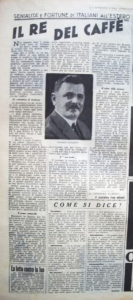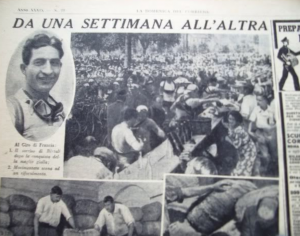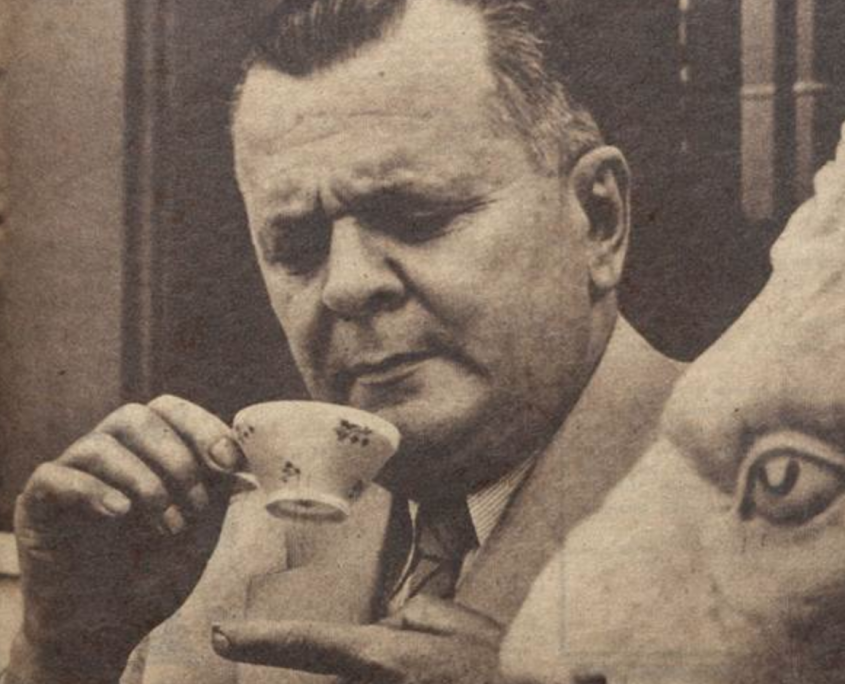The King of coffee, from Fossabiuba to Brasil
In 1886, Nicolò and Luigia Lunardelli, a young married couple decided to leave their family and home in Fossabiuba di Mansuè and join the many emigrants who were heading for Brazil. He was
25 and she was 22, and they took their one year old son Geremia with them with their hearts full of hopes for a new life, for a land that belonged to them and not to others, that they could cultivate with all the love and experience they had inherited from generations of farmworkers. However, reality was totally different: Nicolò died a few years after and Luigia remarried while Geremia, ever since he was a child, worked on the fazendas under the owner. He worked and observed, observed and fell in love with the coffee, the green extension of those tall, generous and rich plants. When he was sixteen he began breeding a few cows and pigs that he took to the market, this way he began earning and saving with great sacri ce but a clear goal, which he achieved in his first small property with a few thousand plants. He then taught himself to read and write, he was a farmer, a merchant, the broker of allotments, a producer of cane sugar using a rudimental tool, a man of a thousand different jobs but with just coffee in his sight and his heart. He looked for more fertile lands, which he recognized with his eyes and smell, and chose them beyond the state of San Paolo as far as Paranà, and he continued to grow. When he was just thirty years old he became the “King of coffee”, the largest coffee producer and merchant in the world! His success continued and in the 50s he owned 14 million plants, 11,500 hectares of good land cultivated with cotton, 25, 375 hectares of fodder land, 30,000 head of cattle, 5,000 hectares of cane sugar fields and a sugar refinery that 30,000 sacks left from every year. A man of business, Geremia Lunardelli became a magnate but never forgot his humble origins. Throughout his life he always talked to his employees and worked with constant enthusiasm, conserving the special modest trait typical of the Veneto people. For this, and also to respect the law of his homeland overseas, that had democratically abolished all noble titles, he refused the title of Count the King of Italy offered him in 1928, and the title of Marquis the Holy See wanted to grant him in 1946 for the charitable spirit he had always shown to the needy. Instead, he wanted to express the debt of gratitude he owed Brazil by creating the Fine Arts Museum in San Paolo that he donated some exceptional masterpieces to, sculptures by Rodin and paintings by Goya, Velasquez, Renoir, Rembrandt… He died in 1962 and left his estate to nine children and tens of grandchildren, complaining about one thing right to the end: politicians’ inability to understand the value of agriculture. “ The love for the land – he used to say – must be tested in the work – that is how kings are born!”






Leave a Reply
Want to join the discussion?Feel free to contribute!